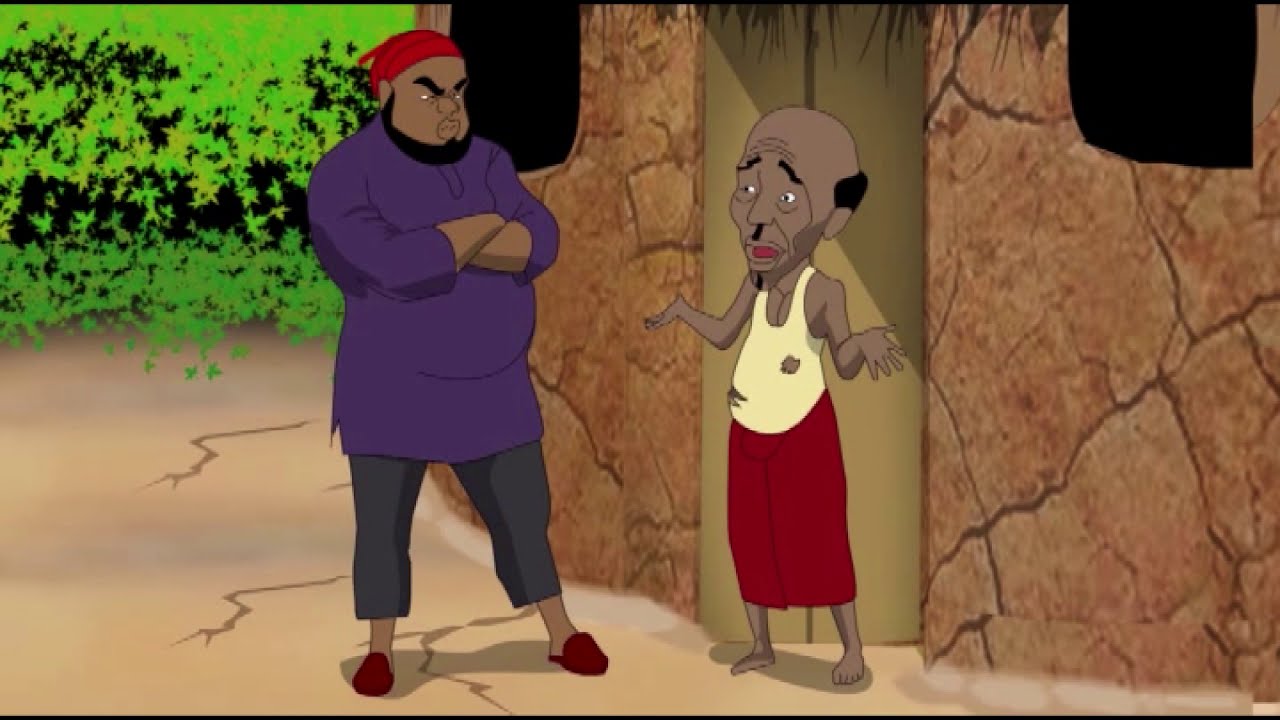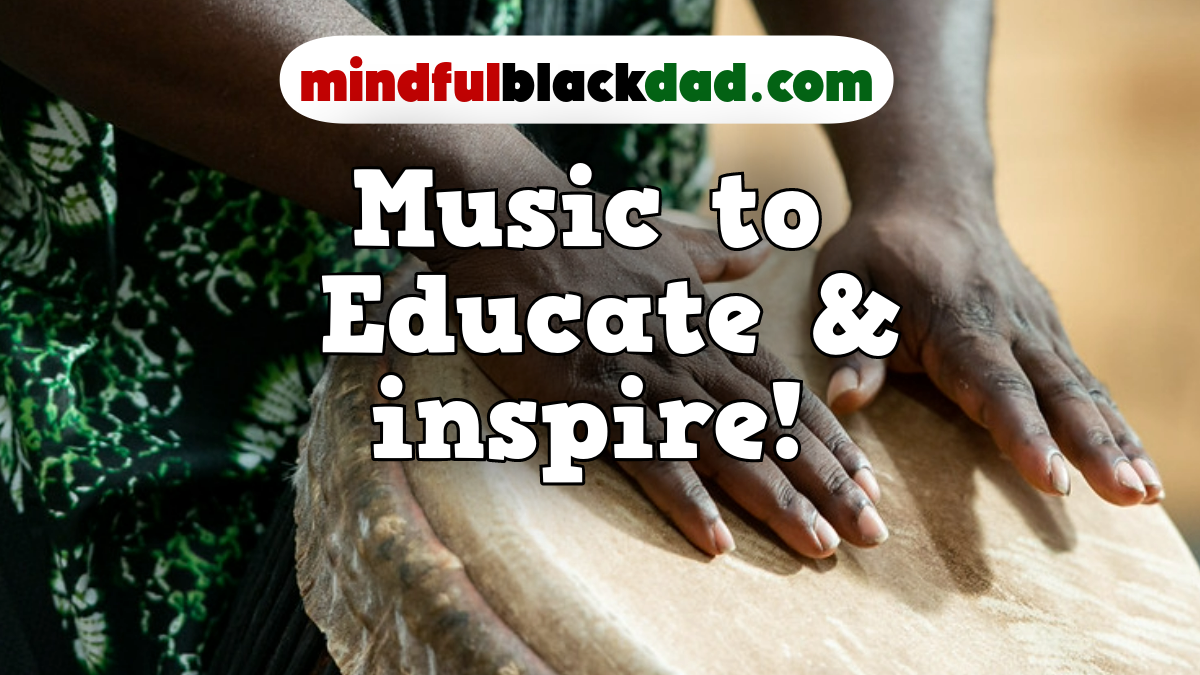Begin With Identity, Not Injustice
All Black parents at some point have their first proper conversation with their child about racism. This conversation is often referred to simply as “the talk.” In my opinion, “the talk” should not be the starting point for our children’s racial awareness.
If Black children first learn about their blackness as something that brings suffering and humiliation, this could make them despise their blackness. Instead, we must encourage them to see their blackness as a source of pride and confidence. Let me break this down a little bit.
Start with Melanin and Blackness
An easy way to start this process is by teaching children about melanin and specifically eumelanin, the powerful molecule responsible for our dark skin, hair and eyes. Children should know from an early age that their skin and eyes are brown and their hair is black because they are rich in eumelanin. And they should understand that this is not an accident.
Eumelanin plays an important role in protecting the body from the potentially harmful effects of ultraviolet light. This means that people with high levels of eumelanin in their skin are able to spend much longer periods enjoying the healing energies of the sun than people with less melanin rich skin can. This makes absolute sense when you consider that the ancestral homeland of homo sapiens is Africa, the continent that receives the most sunlight!
Black children must from as early as possible know that the story of humanity began in Africa. Our species known as Homo Sapiens emerged on the African continent 230,000 years ago and has lived there exclusively for most of its existence. It was only about 60,000 years ago when small groups of humans left the continent to eventually populate other parts of the planet. In this sense, homo sapiens is an African species that has only in its very recent history ventured outside the motherland.
Of those that left Africa, many developed different phenotypes – including lower levels of eumelanin which results in lighter skin. Our children should understand that their dark skin connects them to the earliest humans. One of the reasons for the loss of eumelanin was interaction with other archaic hominids such neanderthals. We should also let our children know that people of African descent are the only group today who carry no significant levels of neanderthal DNA. Again, this isn’t an accident. It tells a genetic story of our unique heritage
We should also our expose children to the richness of African and African diaspora achievements in art, science, literature, philosophy, politics and beyond. For example, the oldest known examples of algebraic thinking comes from Africa. This sort of information should be standard knowledge not just for Black people, but for everyone.
Racism must not define Us
With this foundation in place, the discussion about racism becomes something different. Children will recognise racism as a distortion of truth, rather than something that defines who they are. Children who have grown up learning to value themselves and their blackness are far less likely to internalise racist lies. “The talk” thus becomes an important but small detail in a magnificent, ancient story of humanity that began with the birth of our species in Africa hundreds of thousands of years ago, and continues in our very DNA into the future.




